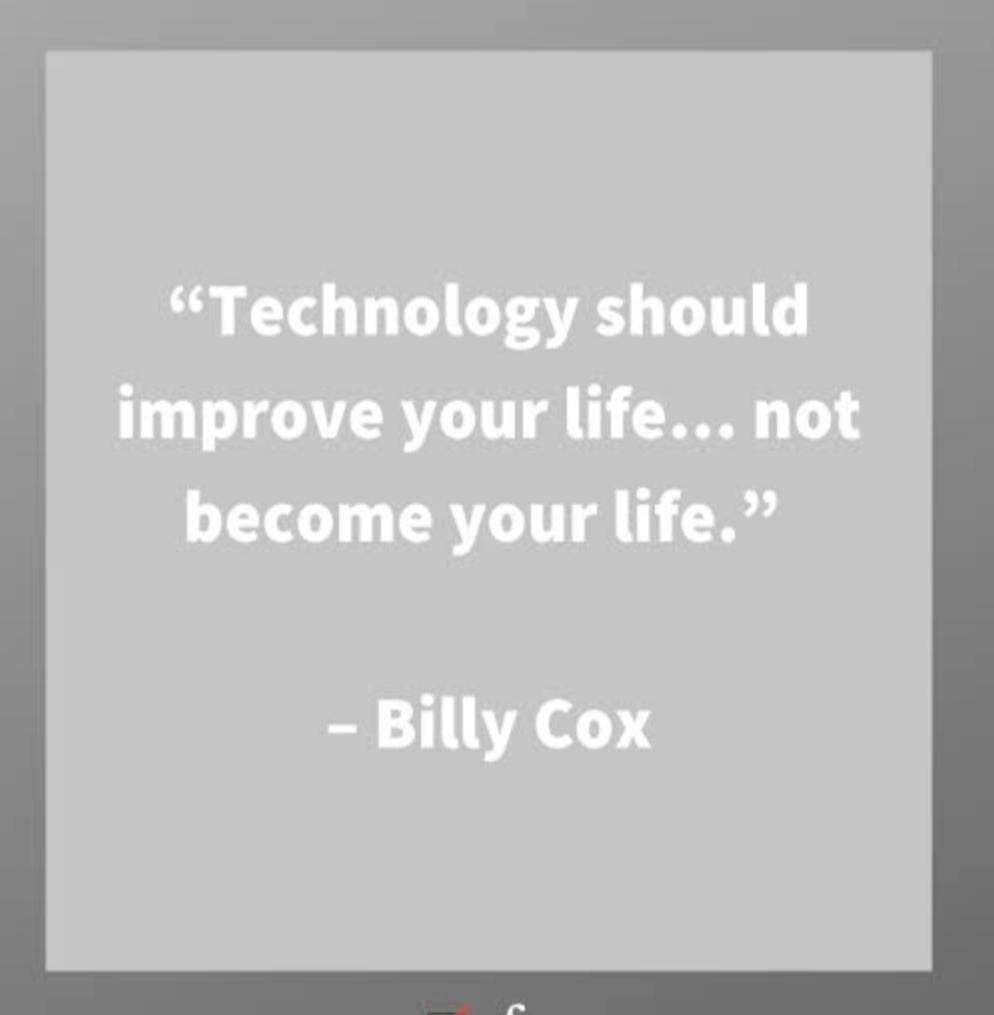31st May 2024
Technology is probably changing us for the worse—or so we always think.
For more than a hundred years people have worried that new technologies could alter what it means to be human.
Do we use technology, or does it use us?
Do our gadgets improve our lives or just make us weak, lazy, and dumb?
These are old questions—maybe older than you think.
Technology simplifies our lives, and in the high-tech world that we live in, it can be hard for people to imagine a world without it. Although the use of technology can be beneficial, it has started to control our lives and influence them, which has caused more overall harm than good.
Consequently, we need to begin considering whether we control technology or if it controls us before taking any definitive stance.
You’re probably familiar with the way alarmed grown-ups through the decades have assailed the mind-rotting potential of search engines, video games, television, and radio—but those are just the recent examples.
Early in the last century, pundits argued that the telephone severed the need for personal contact and would lead to social isolation.
In the 19th century some warned that the bicycle would rob women of their femininity and result in a haggard look known as “bicycle face.”
Mary Shelley’s 1818 novel Frankenstein was a warning against using technology to play God, and how it might blur the lines between what’s human and what isn’t.
Or to go back even further: in Plato’s Phaedrus, from around 370 BCE, Socrates suggests that writing could be a detriment to human memory—the argument being, if you’ve written it down, you no longer needed to remember it.
We’ve always greeted new technologies with a mixture of fascination and fear, says Margaret O’Mara, a historian at the University of Washington who focuses on the intersection of technology and American politics. “People think: ‘Wow, this is going to change everything affirmatively, positively,’” she says. “And at the same time: ‘It’s scary—this is going to corrupt us or change us in some negative way.’”
And then something interesting happens: “We get used to it,” she says. “The novelty wears off and the new thing becomes a habit.”
While there are positive aspects to the use of technology like creative inspiration, the ability to contact friends or family, and entertainment, have the negatives outweighed these positives?
Like every invention from the automobile to the micro-chip, technology is not intrinsically good or bad, It’s how we use it that is good or bad.
But as it gets more pervasive (and invasive), we need to ask, “What value can it give us, and how do I make sure that it isn’t mindlessly taking over?”
One of the best ways to take control of your technology use, is to set boundaries for yourself.
Do spend time in nature, restrict use of technology to a certain time period, learn to live without tech at those times & stay blessed forever.

